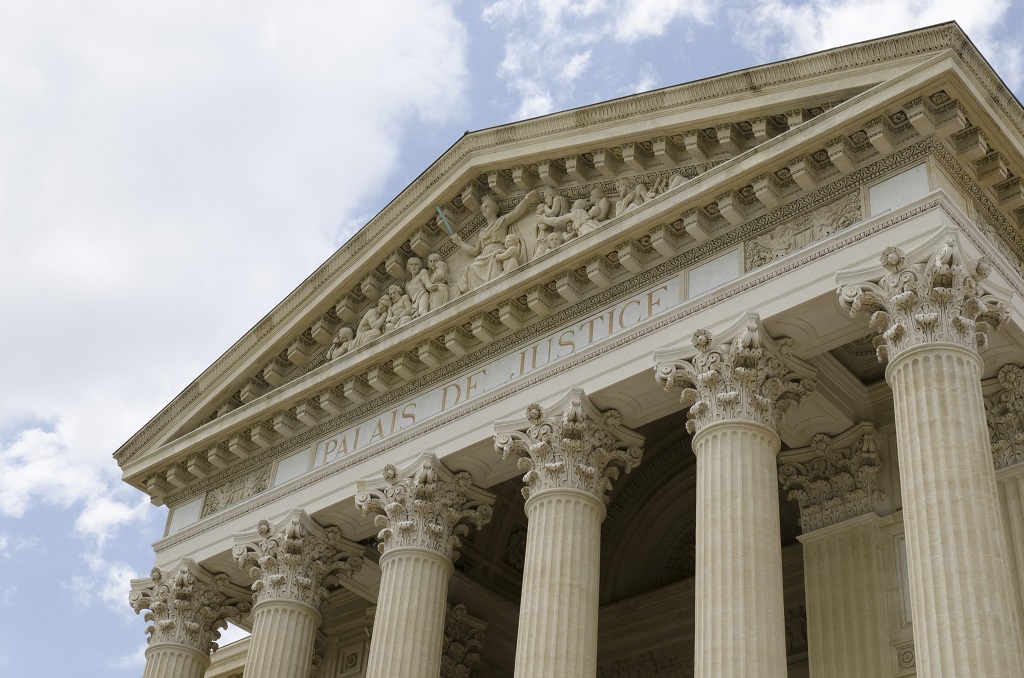In November 2014, President Obama initiated executive orders to address the country’s immigration issues. This series of orders called for:
- A crackdown at the border on illegal immigration;
- Priority focused on deporting felons rather than families; and
- Requirements of certain undocumented immigrants to pass a criminal background check and pay taxes for temporary stay relief.
Weeks later a federal judge issued a 38-page opinion based on a local criminal case involving a defendant who entered the U.S. illegally and subsequently was arrested for a driving under the influence charge. The opinion stated that the president’s actions regarding executive orders were unconstitutional. The judge claimed that the president could not use executive power to bypass Congress.
The U.S. Department of Justice quickly deemed the opinion unfounded, notating that claims stated in the opinion were not backed up by fact or precedence. An article published by The Washington Post looks into several areas in which the judge’s opinion lacks authority and oversteps boundaries of the law.
First, the issue the judge raises was not brought into question by the defendant of the case he refers to as a defense, but was brought into question by the court’s own accord. Second, immigration laws have been enforced for decades including the issuance of Work Permits in concurrence with deferred action. The executive orders issued by President Obama, though broader in scope, do not stray far from what his predecessors have implemented in the past.
Another analyst goes on to say that the judge wrongly argues that the defendant in the referenced case is not subject to priority removal. However, in the memo issued by the Department of Homeland Security (DHS) individuals who have been convicted as felons in the convicting jurisdiction will be represented as Priority 1 of enforcement. Whether this case will meet time relevance will be up to DHS officials.
Lozano Law Firm is here to help you understand your rights under the law and explain the recent executive actions made by the president and rules following their enforcement. If you or a loved one have questions about the president’s executive orders or seek legal counsel regarding immigration in Texas, contact an experienced San Antonio immigration attorney today to discuss your legal options.


 Thank you for contacting us. Please complete this form and one of our team members will be in touch with you soon.
Thank you for contacting us. Please complete this form and one of our team members will be in touch with you soon.


